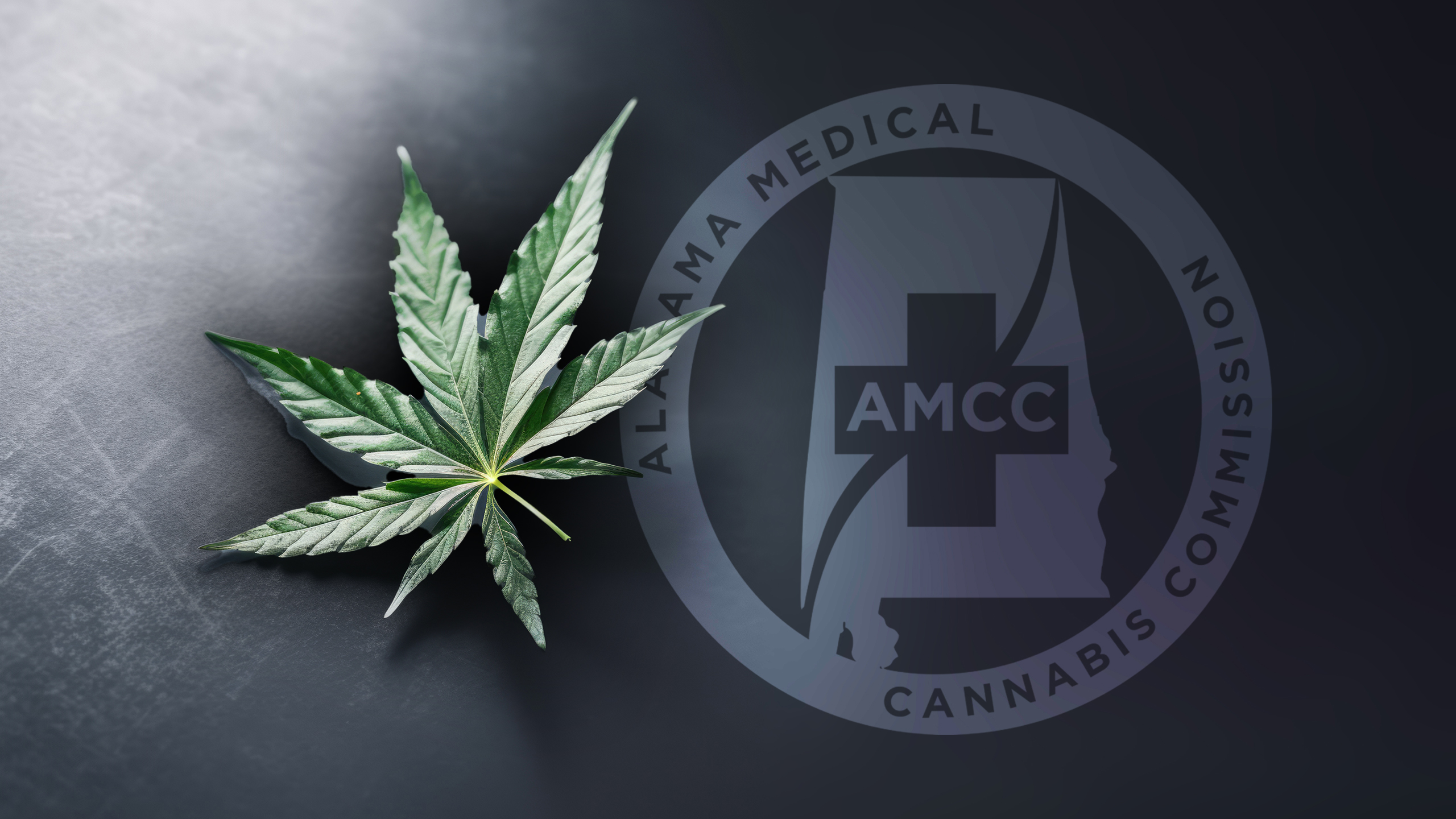|
Getting your Trinity Audio player ready...
|
A worrying belief around Montgomery is that when the Alabama Medical Cannabis Commission meets on Thursday, it will award medical cannabis licenses without adequately addressing the underlying “potential inconsistencies” the Commission cited to pause the process in June.
There is overwhelming concern the Commission has failed to “self-correct” its internal procedures as urged by Montgomery Circuit Judge James Anderson, who is overseeing a lawsuit challenging the fairness of the Commission’s process.
Court records have documented shortcomings in the process, and the Commission’s admission of problems should give the commissioners ample reason to slow down the process to make sure previous procedural decencies are correct before re-awarding licenses.
It is also questionable why the Commission would move forward before appointing a new chair following the resignation of its previous leader, Dr. Steven Stokes, who was alleged to have a conflict because he was a public official.
An overview of the current problems facing the Commission’s licensing scheme has raised serious questions that the Commission and its staff have failed to entirely or coherently answer. If the Commission and staff refuse to address the questions now, it will indeed be forced to give account in a court of law.
Perhaps the most damaging flaw was known from almost the beginning when the application web portal only allowed a 10-megabyte upload—by contrast, the state of Texas web portal provided a 500MB upload.
Court records show the commission staff became aware of the portal when first tested, as AMCC staff attorney Jason Aday admitted under oath.
Despite the insufficient upload capacity, AMCC did nothing to correct the situation until after applicants began uploading files near the deadline. And what the staff did next is part of an ongoing lawsuit challenging the Commission’s method and fairness.
According to court records, Aday became aware that some applications were not uploading because the file sizes exceeded the portal capacity.
The staff recommended using compression software as a possible solution. Still, they also provided some applicants with a workaround of uploading a “placeholder” document with an opportunity to send a thumb drive to the Commission’s office.
According to Aday, the workaround was made available to only 17 of the nearly 100 applicants.
The staff also emailed some applicants giving them an opportunity to use the so-called workaround but failed to email everyone applying for a license.
Also, Aday admitted to opening the portal to some applicants after the application period was closed at 4 p.m. on Dec. 30, 2022, contrary to state statute.
The current lawsuit holds that these actions by the staff are patently unfair because not everyone was afforded the so-called workaround. Many who filed compressed filings discovered their documentation was severely distorted and rendered nearly illegible.
The Commission has recently claimed that the distorted files had no impact on the scoring measures, but that may prove a hard sell in a court of law.
The scoring process has also fallen under suspicion, with the Commission admitting “potential inconsistencies.” Commissioner Loree Skelton, a healthcare attorney, has sharply criticized the scoring process, calling for it to be the purview of the commissioners.
“We already know that the process is flawed,” Skelton said of the scoring. “We’ve admitted that. But the problem is, the fundamental problem is a core problem; it’s not an adding and subtracting problem.” The Commission’s answer to Skelton’s complaint was to hire, accounting firm KPMG.
The scoring procedures are still in question, and APR has looked at rules as laid out under the Commission and in statute and found a few inconsistencies the Commission has not addressed.
The Commission’s Rule 538-x-3-.11 provides the criteria for awarding licenses, including the factors the Commission may consider in its decision to grant licenses. The process of evaluating and scoring applications is as follows:
The Commission’s criteria for granting licenses, or increasing the number of a specific category of license to grant, shall include, but shall not necessarily be limited to, the following factors:
- a. The population of the state,
- b. The number of active or anticipated registered qualified patients,
- c. Market demand for medical cannabis,
- d. The unemployment rate of the state,
- e. The need for agricultural and other business opportunities in communities,
- f. Access to health care,
- g. Infrastructure,
- h. The extent to which an Applicant, if awarded a license, anticipates fully utilizing its license authorization and/or the number of its permitted facilities.
Nowhere in the scoring scheme are any points granted for the need for agricultural and other business opportunities in communities or access to health care.
The rules and regulations that the Commission adopted have the force of law as they were adopted with notice and comment under the Alabama Administrative Procedures Act. So, why does the scoring tabulation ignore these criteria?
Also, a puzzling variant from the seemingly clear rules is that neither the Commission or staff has visited a single facility to determine if they can fulfill the readiness requirements.
The most basic requirement is that those issued cultivator and integrated licenses must be ready within 60 days of a license being granted.
APR has been told that one facility originally approved by AMCC is an open field and another is currently a carwash. If true, the applicants painted a pretty picture that the Commission seems ready to buy sight unseen.
AMCC rules indicate that an onsite inspection is required before a company is considered for a cannabis license. However, a troubling contention by the Commission is an insistence that it is awarding licenses but not issuing them, and therefore, the inspection can come later.
Commission Director John McMillan has said that onsite inspections will come between the license being awarded and actually being issued. If an applicant fails the onsite inspection, that license could be revoked and awarded to another applicant.
But APR has been unable to locate in the statute that awarding and issuing are separate actions.
When the state legislature passed the Medical Cannabis Act, and Gov Kay Ivey signed it into law, the goal was to alleviate suffering. However, today, it is a fight over who will divide the gold mined from the growing, processing and selling of this potent green plant.
But no matter the motivation, the Cannabis Commission has a duty to ensure a clean, transparent and legal process.
None of this is to say that there will be no further litigation; here is a case of very wealthy companies and individuals vying for a limited number of licenses. And when rich people and companies are denied what they want, the remedy is almost always lawsuits.
The Commission must strive to limit not only the number of lawsuits but also the grounds on which each one will be fought.
















































